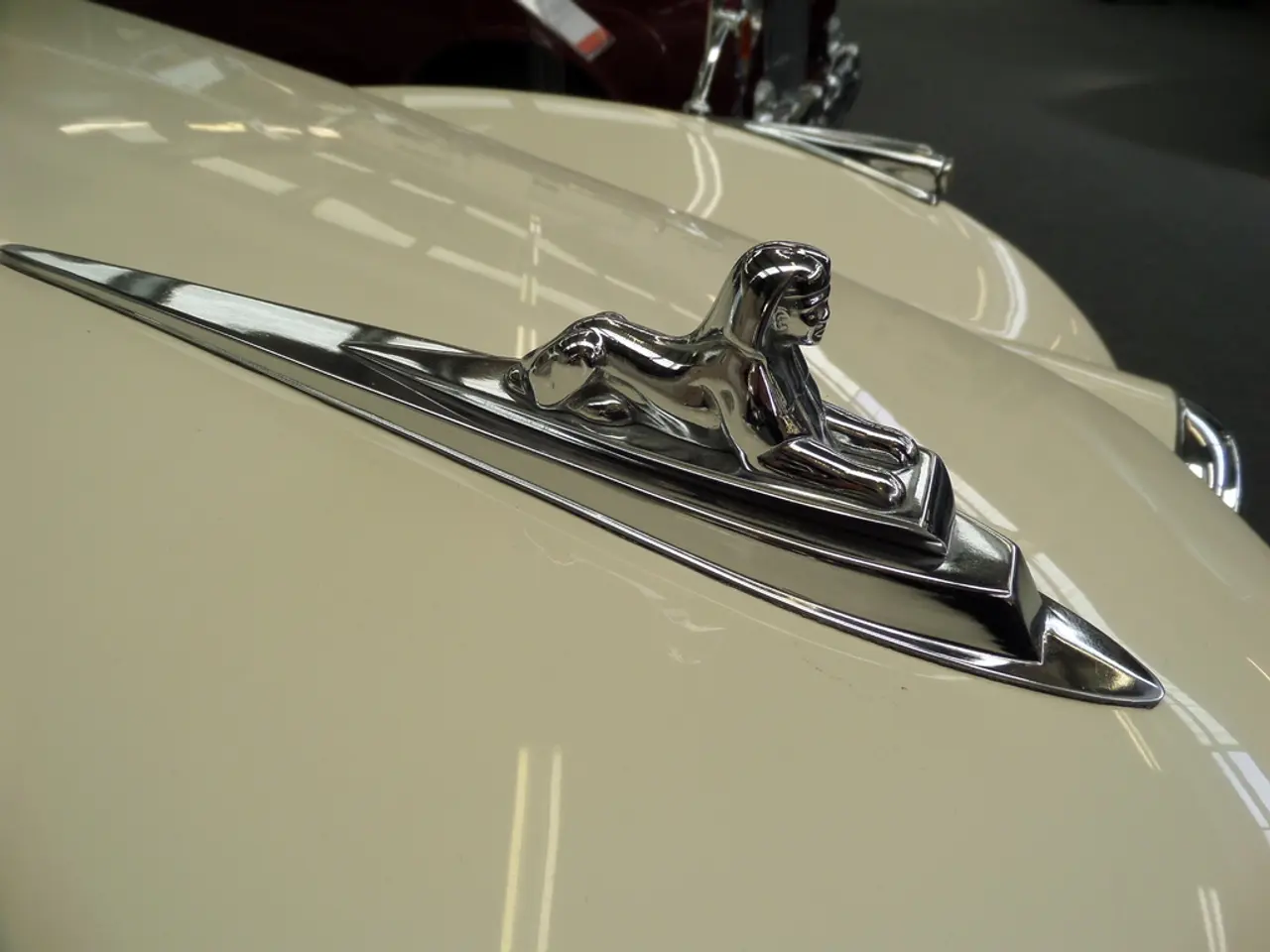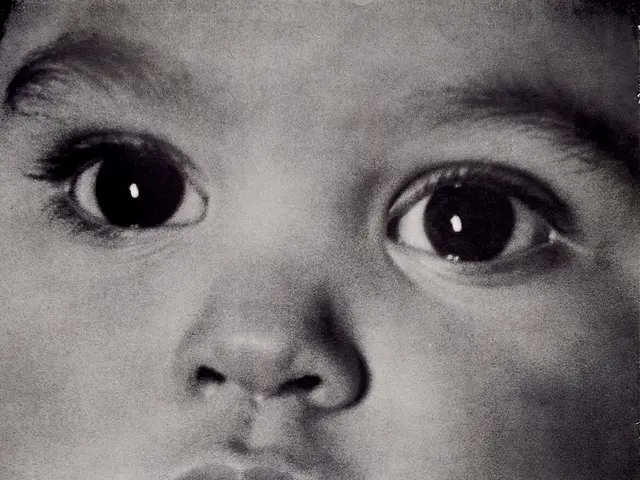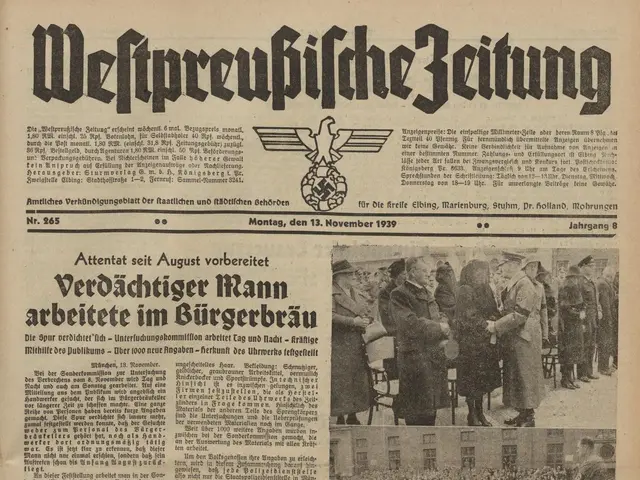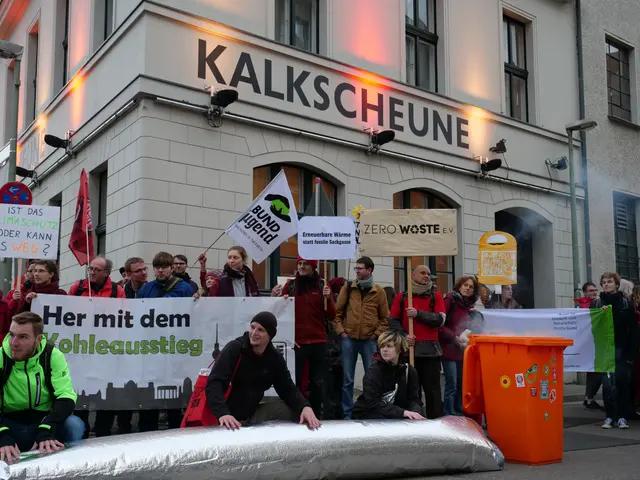Critical Remarks by Toscani on EU Plans for Business Vehicle Fleets - 'Saarland Shouldn't Serve as a Testing Ground'
In a recent development, Stephan Toscani, the CDU faction leader in Saarbrücken, has voiced his concerns over the EU Commission's plan to mandate the use of electric vehicles (EVs) in rental and corporate fleets by 2030. Toscani, who is also the state parliament faction chair in Saarbrücken, has criticized the plan, claiming it could pose significant challenges to the region's economy, particularly the automotive sector.
Saarland, known for its established automotive industry, is heavily dependent on this sector. The EU Commission's plan, according to Toscani, could potentially threaten the existence of plant locations in the region, given the rapid shift towards electrification and the associated costs.
Toscani has reiterated his stance that the principle of technology openness, which is anchored in the coalition agreement of the federal government, must also apply at the EU level. He emphasized the need for a "realistic, technology-open approach" to the EU Commission's plan, arguing that it should not become a testing ground for centralist EU regulations.
The CDU leader has warned against "ideologically motivated bans" that could pose challenges to central industries. He has appealed to Berlin to enforce the technology openness stance at the European level, suggesting that Germany should take a leading role in this matter to avoid driving the German automotive industry out of Europe.
Toscani has also expressed concerns that the EU Commission's plan could negatively impact climate protection. However, the specifics of these concerns and their implications for Saarbrücken's economy remain to be seen, as more detailed data and statements from Toscani on this topic become available.
This regulatory shift towards EVs represents a significant step in the transition to electrification in the automotive sector. For regions like Saarbrücken, which have a strong automotive industry presence, the implications could be substantial, affecting suppliers, manufacturers, and the regional economy as a whole.
As the situation unfolds, it will be interesting to see how the EU Commission's plan impacts the automotive industry in Saarbrücken and how regional leaders like Stephan Toscani navigate these changes.
- Given the EU Commission's plan, the potential financial burden on Saarland's automotive industry could extend to other sectors like finance, as the region may struggle to maintain its economic stability.
- In light of the aerospace industry's increasing focus on electric propulsion, it is crucial for Saarland to establish collaborative partnerships with this sector to diversify its economy and reduce reliance on the automotive industry.
- As the transportation sector evolves, with the growing trend towards electric vehicles, it is essential for Saarland's leaders like Stephan Toscani to advocate for a balanced approach that considers the challenges faced by traditional sectors like automotive while embracing the opportunities presented by emerging industries like electric vehicles.








